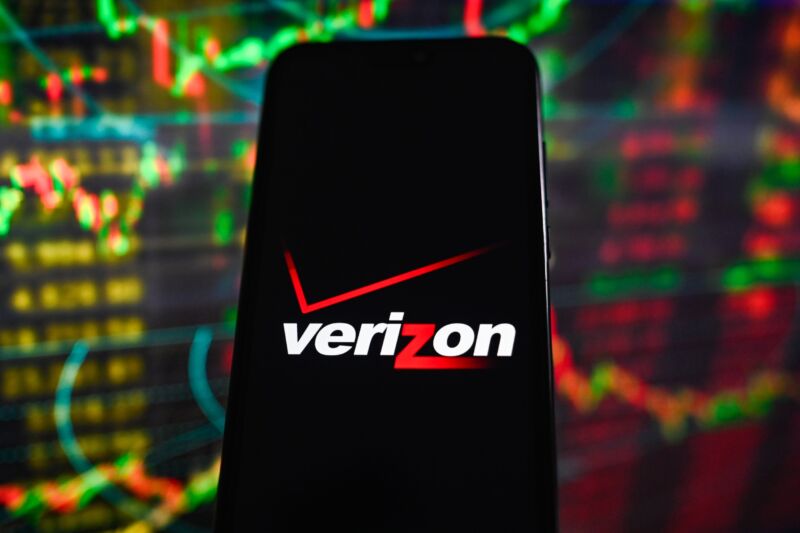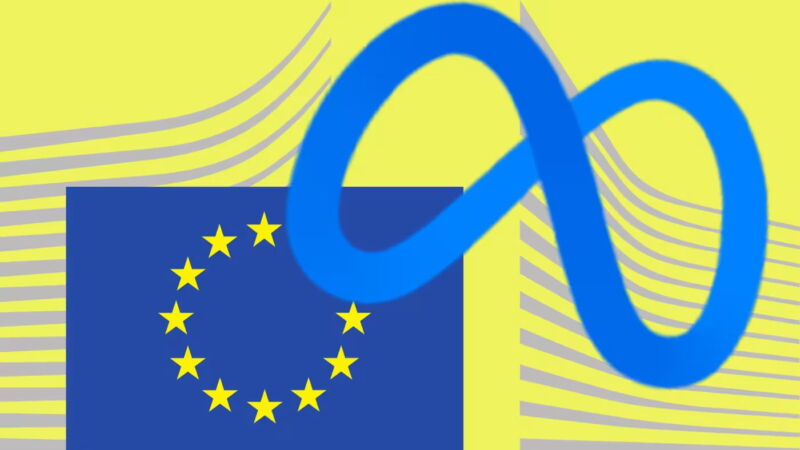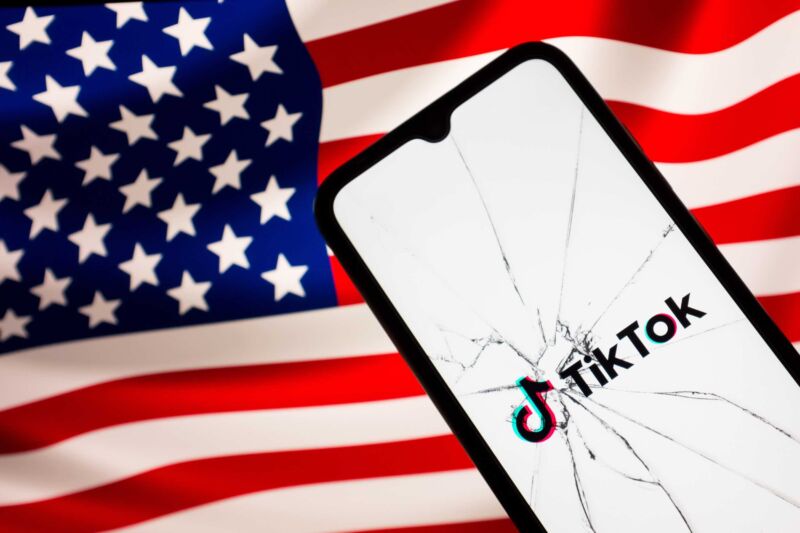-
 chevron_right
chevron_right
Critics question tech-heavy lineup of new Homeland Security AI safety board
news.movim.eu / ArsTechnica · 20:15 · 1 minute

Enlarge (credit: Benj Edwards | Getty Images )
On Friday, the US Department of Homeland Security announced the formation of an Artificial Intelligence Safety and Security Board that consists of 22 members pulled from the tech industry, government, academia, and civil rights organizations. But given the nebulous nature of the term "AI," which can apply to a broad spectrum of computer technology, it's unclear if this group will even be able to agree on what exactly they are safeguarding us from.
President Biden directed DHS Secretary Alejandro Mayorkas to establish the board, which will meet for the first time in early May and subsequently on a quarterly basis.
The fundamental assumption posed by the board's existence, and reflected in Biden's AI executive order from October , is that AI is an inherently risky technology and that American citizens and businesses need to be protected from its misuse. Along those lines, the goal of the group is to help guard against foreign adversaries using AI to disrupt US infrastructure; develop recommendations to ensure the safe adoption of AI tech into transportation, energy, and Internet services; foster cross-sector collaboration between government and businesses; and create a forum where AI leaders to share information on AI security risks with the DHS.








